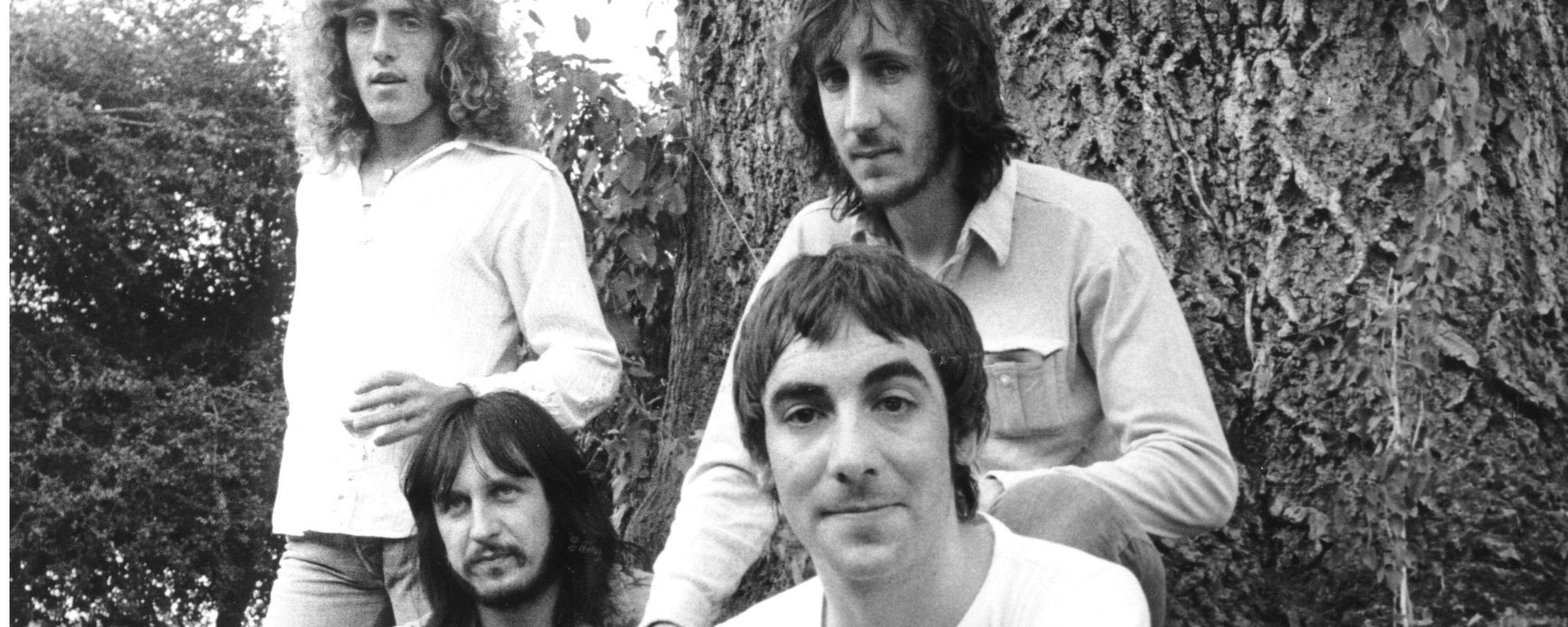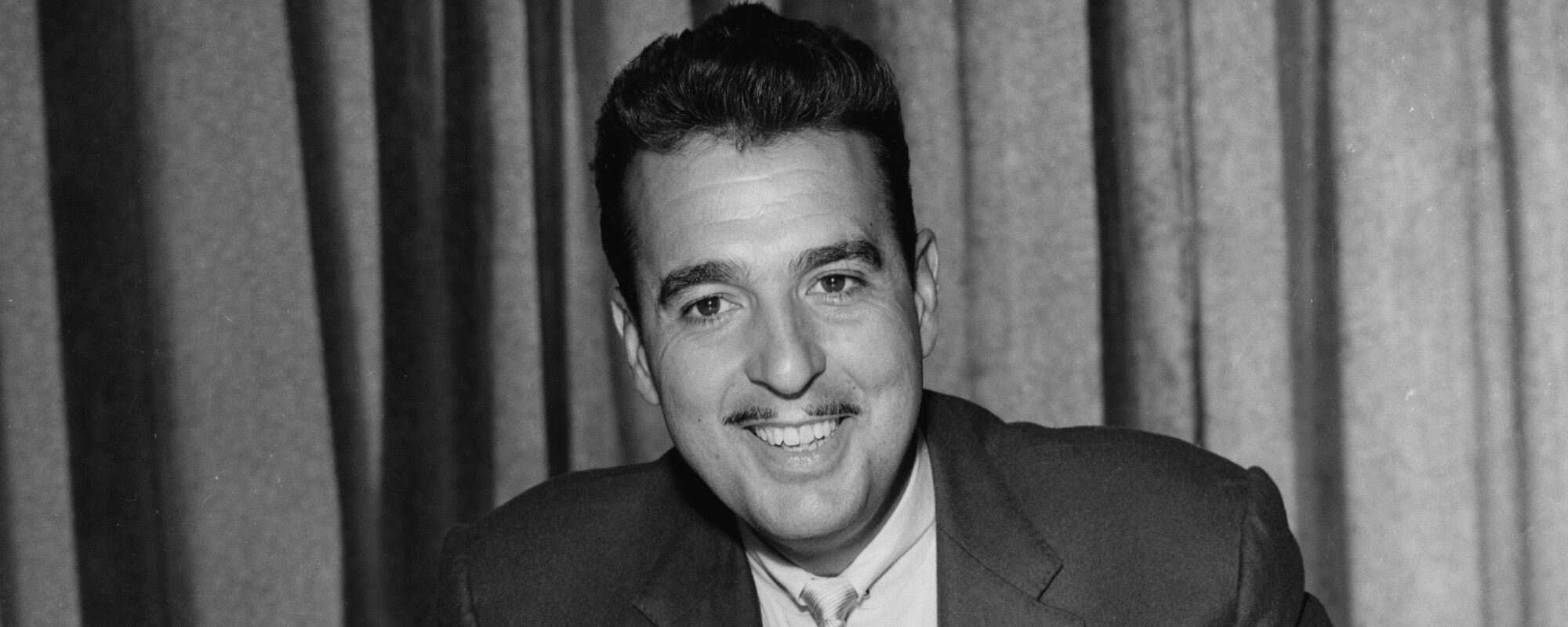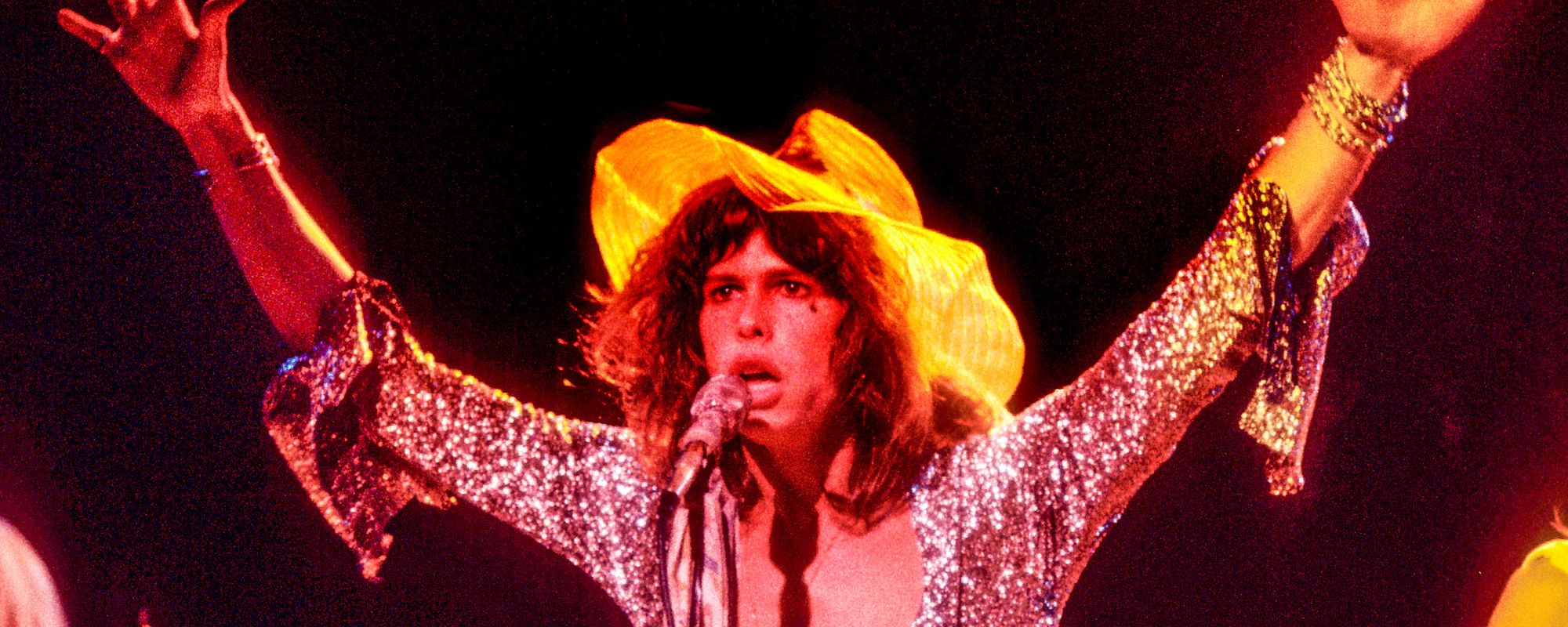“We’ve been pushing the boundaries and testing the limits of what bluegrass instruments or a bluegrass ensemble can do with facts, with attitude, [and] subject matter,” Paul Hoffman tells American Songwriter.
Videos by American Songwriter
Hoffman is one-fifth of the Michigan-formed band, Greensky Bluegrass, which has time and time again garnered critical acclaim after its genesis in 2000. As a founding member, Hoffman deftly plays the mandolin and sings vocals for the band alongside members Anders Beck (dobro), Michael Arlen Bont (banjo/vocals), Dave Bruzza (guitar/vocals), and Mike Devol (upright bass/vocals). Together, as their tongue-in-cheek name hints at, they create bluegrass music with their own rock-n-roll-break-the-rules attitude.
To start with, the group isn’t afraid to play for a few minutes beyond the two-minute-and-change mold of pop music. When GSBG wants to tell their story, they’re going to tell all of it—banjo and dobro solos included. Hoffman recalls a single off of the band’s 2011 album, titled “Don’t Lie,” that embodies the group’s approach.
“We decided that it was important to convey that feeling of a long song on the record, but in a concise way,” Hoffman explains. “And being the free spirits we are, we didn’t want to ever feel edited or confined by the quote-unquote stigma of short songs.”
Determined to stay true to themselves, GSBG continued to evolve with each new sonic offering. In January of 2022, the quintet released its eighth studio album titled Stress Dreams via Thirty Tigers. The record is an endearing and gritty 13-song cruise through the band’s uptempo musical experiments. Yet, like many performing artists, Stress Dreams was also constructed under the influence of the pandemic.
“We all just started writing remotely,” Hoffman says. “I started finishing a lot of ideas and songs that I had already previously started. Our bass player in July dropped five demos on us that were unreal. He had learned how to use GarageBand at home and make demos with multiple basses.
“When we got together to play the music,” he continues, “we were in such a different place than we’ve ever been before making a record. We were stoked to be together playing music. It didn’t matter if anyone else was in the room anymore.”

In the midst of their reunion, Hoffman realized just how much Stress Dreams differed from GSBG’s previous records. They had been patient and diligent when composing the songs under quarantine, and they listened to their intuition.
“We would question whether or not we should go farther or change it or add a special trick or something,” Hoffman says of the band’s creative process early in their career. “And with this record [Stress Dreams], we found ourselves in a lot of situations just accepting that [the music] sounded like us and that that was okay.
“At some point,” he continues, “if you really want to hone your creative craft you have to embrace it as a craft, and you have to accept that. Not every idea comes from a broken heart or anxious day or something like that. You have to just create and be a creator.”
On this record, “Grow Together,” is a track inspired by Hoffman stepping into fatherhood for the first time. “In the studio, I was overwhelmed with emotion in a way that I never have been in the studio before,” Hoffman says. These brimming feelings of love and hope for his expanding family play out across each verse as Hoffman sings to his little girl and wife. Without a breath to spare/ I’ll give more than I can bear to/ Because what you have given me/ Reveals the man I hope to be, he sings on the track.
In contrast with “Grow Together,” another track on the album, “Cut a Tooth,” is “fast as hell” and brutally honest. “That’s a tough song. I’m kind of afraid to play it, to be honest,” Hoffman says. “I was dabbling in the protest songs with that piece.”
The lyrics on “Cut a Tooth” speak to the pain of recent cultural unrest and struggles. “There’s this part of me that believes that our music can unite people with different ideals and that they can find common ground with music and [our concerts],” he says. “But then there’s another part of me that feels responsible for using my platform for things that I care about.
“Hopefully, it means something to someone, and that people can relate to the frustration I was feeling in one way or another,” he concludes.
Overall, though, Hoffman deems that this version of Greensky Bluegrass is “loud, rowdy, and sad.”
“Well, we’re not really that sad, but that contrast between rowdy and sad… that dichotomy of emotions is I think, what fuels our band and the experience,” Hoffman says. “It’s the most important part of our music to me. It can be fun and rowdy and far out, but also serious and insightful and profound and cathartic all at once. So it’s like a safe place to confront your fear and pain while having a great time.”
Photo by Dylan Langille













Leave a Reply
Only members can comment. Become a member. Already a member? Log in.